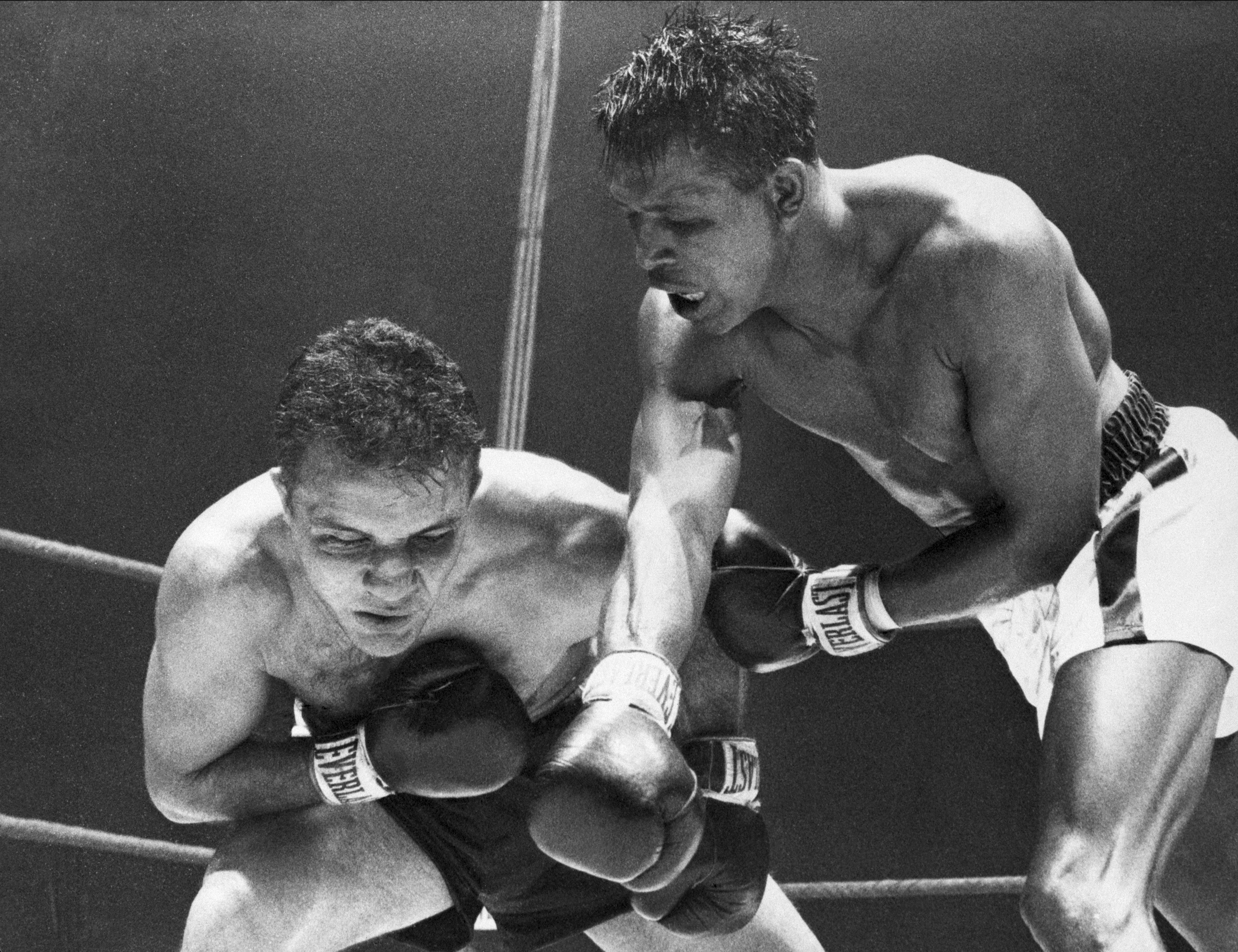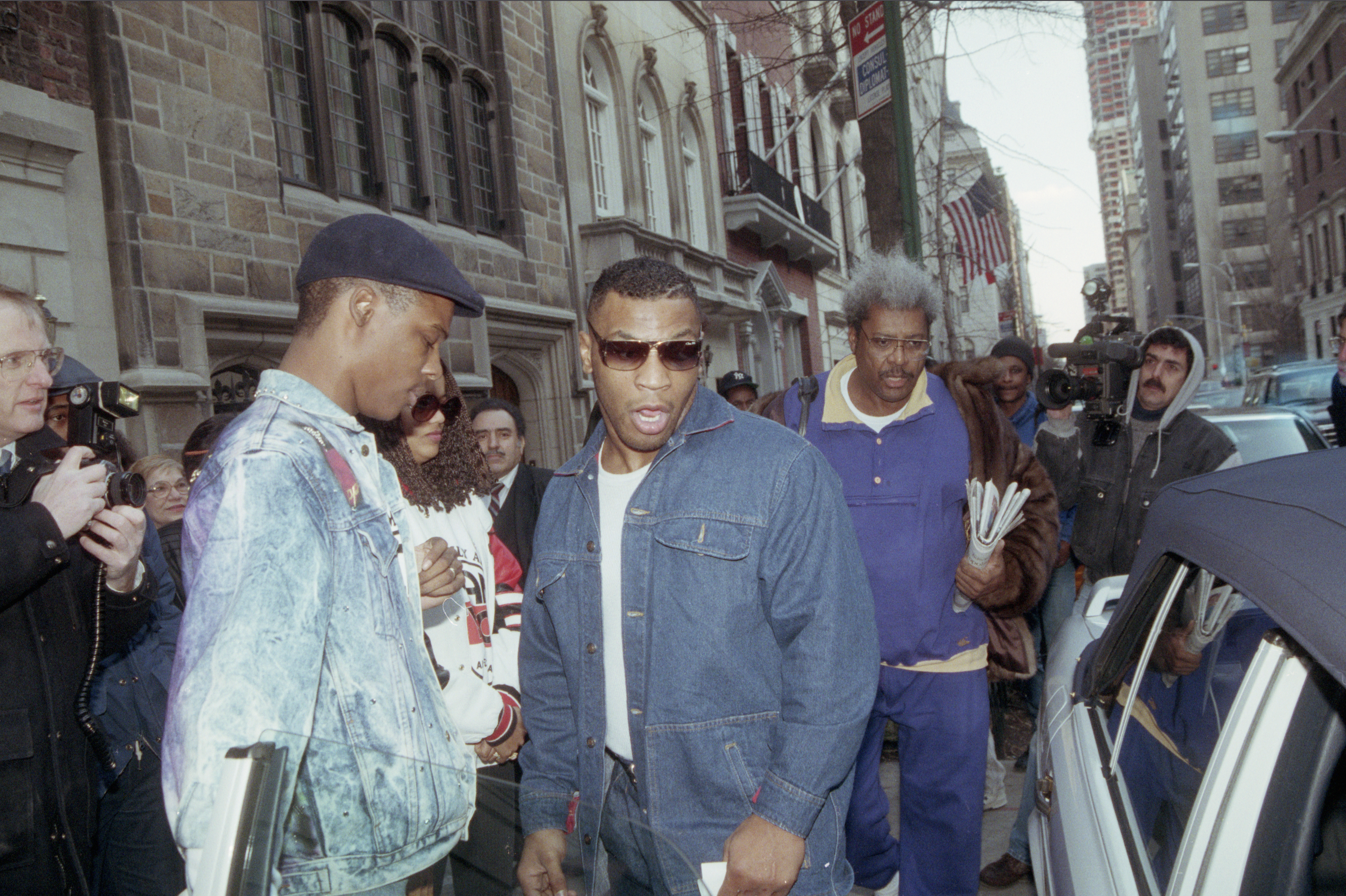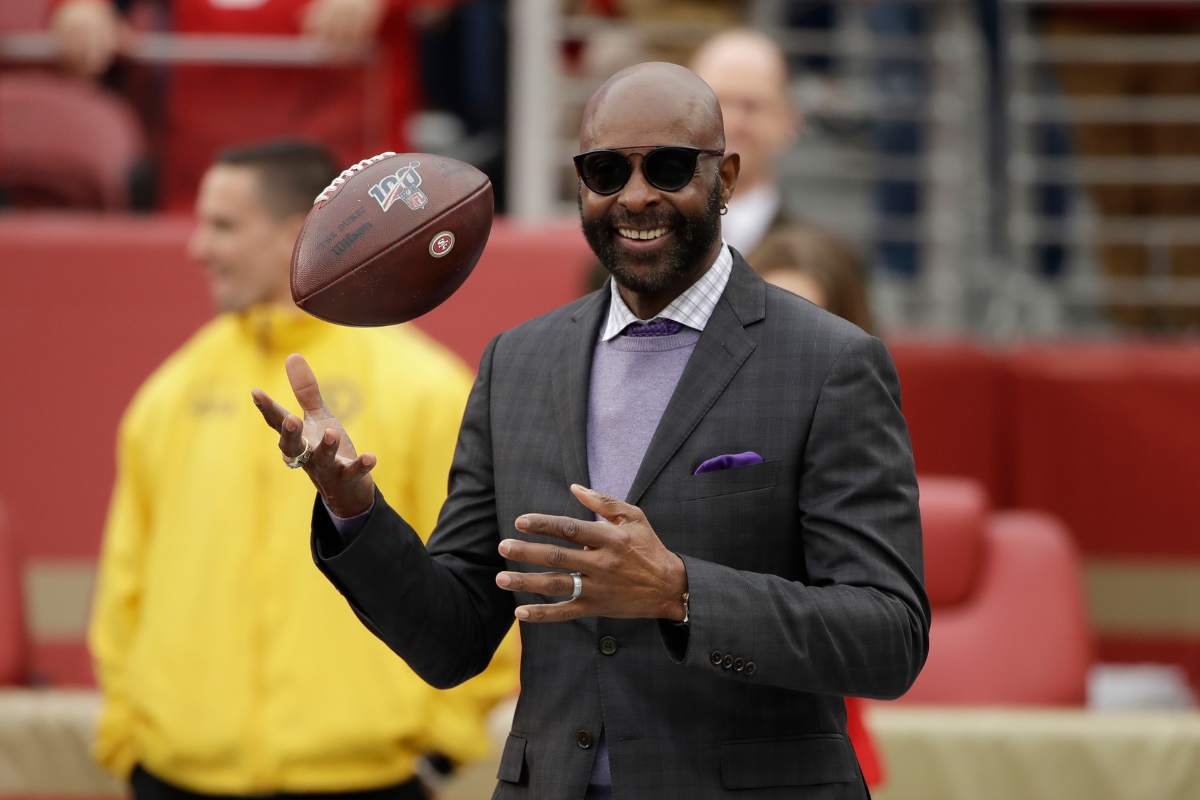This is part of The Shadow League’s Black History Month In Focus series celebrating Black excellence in sports and culture.
You cannot discuss Black history without mentioning his name. The man born Cassius Marcellus Clay, Jr. aka The Louisville Lip stormed out of Kentucky onto the world’s stage, first through pugilism then through activism. Clay didnt set out to be a boxer; in fact, he was adjusting to the world as it was designed for persons of color, where restrictions abounded.
Two unrelated instances set him on the path to greatness, glory and uber-wokeness; when his bicycle was stolen at 12 years old and the death of Emmitt Till in 1955. Each instance inspired the boy named Clay to fight like hell and he eventually took up police officer and boxing coach, Joe E. Martin on his offer to teach him to box.
When he made his amateur boxing debut in 1954 against local amateur boxer Ronnie O’Keefe, his win by split decision was the start to a blitzkrieg of momentum. He went on to win six Kentucky Golden Gloves titles, two national Golden Gloves titles, an Amateur Athletic Union national title, and eventually the Light Heavyweight Gold Medal in the 1960 Summer Olympics in Rome. In the end, Clay’s amateur record was 100 wins with five losses setting the tone for a professional career that would become historic.
On October 29, 1960, he made his professional debut, winning a six-round decision over Tunney Hunsaker. Clay amassed a record of 190 with 15 wins by knockout by the end of 1963. His growing list of wins included. He beat his former trainer and veteran boxer Archie Moore via fourth round TKO in a 1962 match.
His penchant to comically berate his opponents while being braggadocios and embellishing his own prowess became a hallmark to his pre-fight promotion. So it was no surprise when Clay taunted the intimidating champion Sonny Liston during the pre-fight buildup, even though he was a 7-1 underdog in the fight for Listons WBC, The Ring, and lineal heavyweight titles. After all, Liston had most recently destroyed former heavyweight champion Floyd Patterson in two first-round knockouts.
However, this is when Clay’s legend began to manifest for the world when the feared Liston would not leave his stool at the start of the seventh round. The win sent shock waves through the sport and set up the rematch, which was even more dramatic for the former champion. Clay became, at age 22, the youngest boxer to take the title from a reigning heavyweight champion.
Wasting no time, Clay changed his name to Cassius X, and then later to Muhammad Ali upon converting to Islam and affiliating with the Nation of Islam. When the rematch with Liston came over a year later, it took only 2:12 in the first round for the young champion to drop Liston with what he called an anchor punch.
The man who shook up the world did so with confidence and against the traditional convention of 1960s America. He would win another nine fights until the ultimate test came, not in the form of a physical opponent but as a military draft card. In March 1966, Ali refused to be inducted into the armed forces for the Vietnam War. He was systematically denied a boxing license in every state and stripped of his passport. As a result, he did not fight from March 1967 to October 1970from ages 25 to almost 29. These were his prime athletic years, and his sacrifice for a humanitarian cause at the expense of his bank account is something unfathomable for todays athletes.
On August 11, 1970, with his case still in appeal, Ali was granted a license to box by Atlanta’s Athletic Commission. His first return bout was against Jerry Quarry on October 26th, a three-round TKO.
After a 15-round win against Oscar Bonavena three months later, Ali tasted defeat for the first time when he met his boxing nemesis in Philadelphias Joe Frazier. Ali and Frazier’s first fight, held at the Garden on March 8, 1971, was nicknamed the “Fight of the Century”, due to the tremendous excitement surrounding a bout between two undefeated fighters, each with a legitimate claim as heavyweight champions.
Ali lost the decision, won ten more fights then lost a split to Ken Norton.
Ali won a rematch with Norton a few months later and then went on to beat Frazier two-times in their trilogy. From the Rumble in the Jungle against the heavily favored George Foreman to re-matching Leon Spinks late in his career and gaining back his heavyweight titles, Muhammad Ali was not only a special athlete, but he stood for something much larger than himself – humanity.



